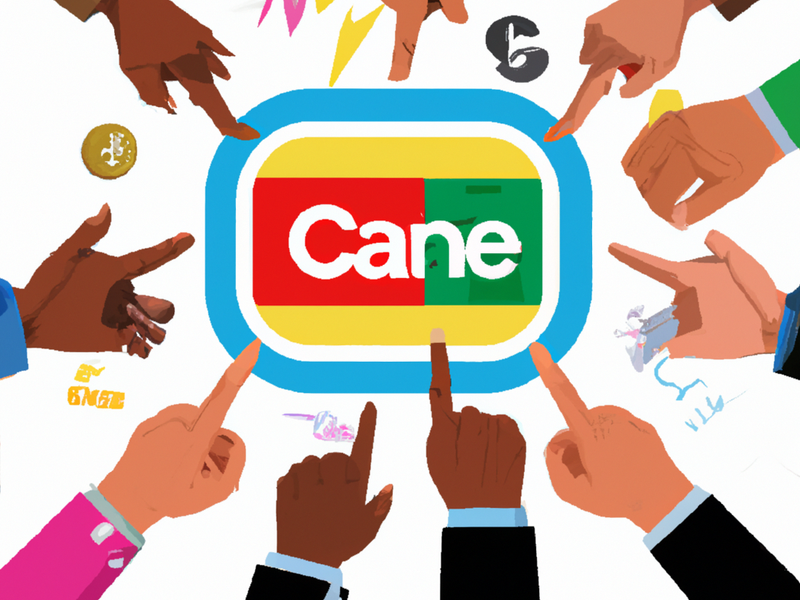
Cancel Culture Capitalism: A New Economic Reality
In the current digital age, the flow of information is faster and more accessible than ever before. As a consequence, public opinion has gained significant power, enough to change the course of individuals' lives and companies' trajectories. In recent years, this power gave birth to a phenomenon known as "cancel culture."
Cancel culture refers to the practice of withdrawing support from public figures or companies after they have done something deemed offensive or unacceptable by the masses. This practice can have severe consequences for the "cancelled" entity, from losing followers or customers to losing job opportunities or partnerships.
While cancel culture has roots in social and cultural spheres, it is increasingly impacting the world of business. This phenomenon is shaping a new form of capitalism, which we'll refer to as "cancel culture capitalism."
Understanding Cancel Culture Capitalism
Cancel culture capitalism is a new economic reality where businesses are held accountable for their actions not only by regulations and laws but also by public opinion. In this system, companies that fail to meet the moral, ethical, and social standards set by society can face severe repercussions.
The rise of social media platforms has made it easier for consumers to share their opinions and experiences with businesses worldwide. As a result, companies can no longer afford to ignore the societal implications of their actions. They need to be mindful of their reputation and how it can impact their bottom line.
The Impact of Cancel Culture on Businesses
In the era of cancel culture capitalism, businesses are under constant scrutiny. A single misstep can trigger a wave of public backlash that can severely damage a company's reputation and, ultimately, its financial health.
Take the case of fashion retailer H&M, for example. In 2018, the company faced a massive backlash after releasing an advertising campaign featuring a black child wearing a hoodie with the text "coolest monkey in the jungle." The public deemed the ad as racially insensitive, leading to widespread calls for a boycott of the brand. As a result, H&M had to close multiple stores, and its stock price took a significant hit.
Similarly, Facebook faced a major advertising boycott in 2020 under the "#StopHateForProfit" campaign. Many companies, including global giants like Coca-Cola and Unilever, pulled their advertising from the platform, accusing it of not doing enough to combat hate speech and misinformation. This boycott resulted in a significant financial loss for Facebook and highlighted the growing power of cancel culture in the corporate world.
The Double-Edged Sword of Cancel Culture Capitalism
While cancel culture capitalism has empowered consumers to hold businesses accountable, it also poses significant challenges.
One of the key criticisms of cancel culture is that it often lacks due process. In the court of public opinion, individuals and businesses can be "cancelled" based on accusations alone, without any thorough investigation or fair trial. Moreover, the severe consequences of being "cancelled" can sometimes be disproportionate to the offense committed.
Another challenge of cancel culture capitalism is its potential for misuse. It can be weaponized by people or groups with malicious intent to target competitors or settle personal scores. For businesses, this can lead to false allegations and unwarranted damage to their reputation.
Lastly, cancel culture capitalism can also lead to a culture of fear and self-censorship among businesses. Fearing public backlash, companies might shy away from taking a stand on controversial issues or expressing their corporate values, which can stifle creativity and innovation.
Navigating Cancel Culture Capitalism
Despite its challenges, cancel culture is a reality that businesses must navigate in today's digital age. Here are a few strategies that companies can adopt:
Conclusion
Cancel culture capitalism is a new economic reality that businesses must navigate. While it poses significant challenges, it also presents an opportunity for businesses to align their practices with societal values and build a stronger, more positive relationship with their customers.
In the end, cancel culture capitalism is not just about avoiding public backlash; it's about creating a business environment that respects and values all stakeholders. It's about moving towards a more ethical, inclusive, and sustainable form of capitalism.